Runner Arrested And Imprisoned During Cape Town To London Challenge | Deo Kato
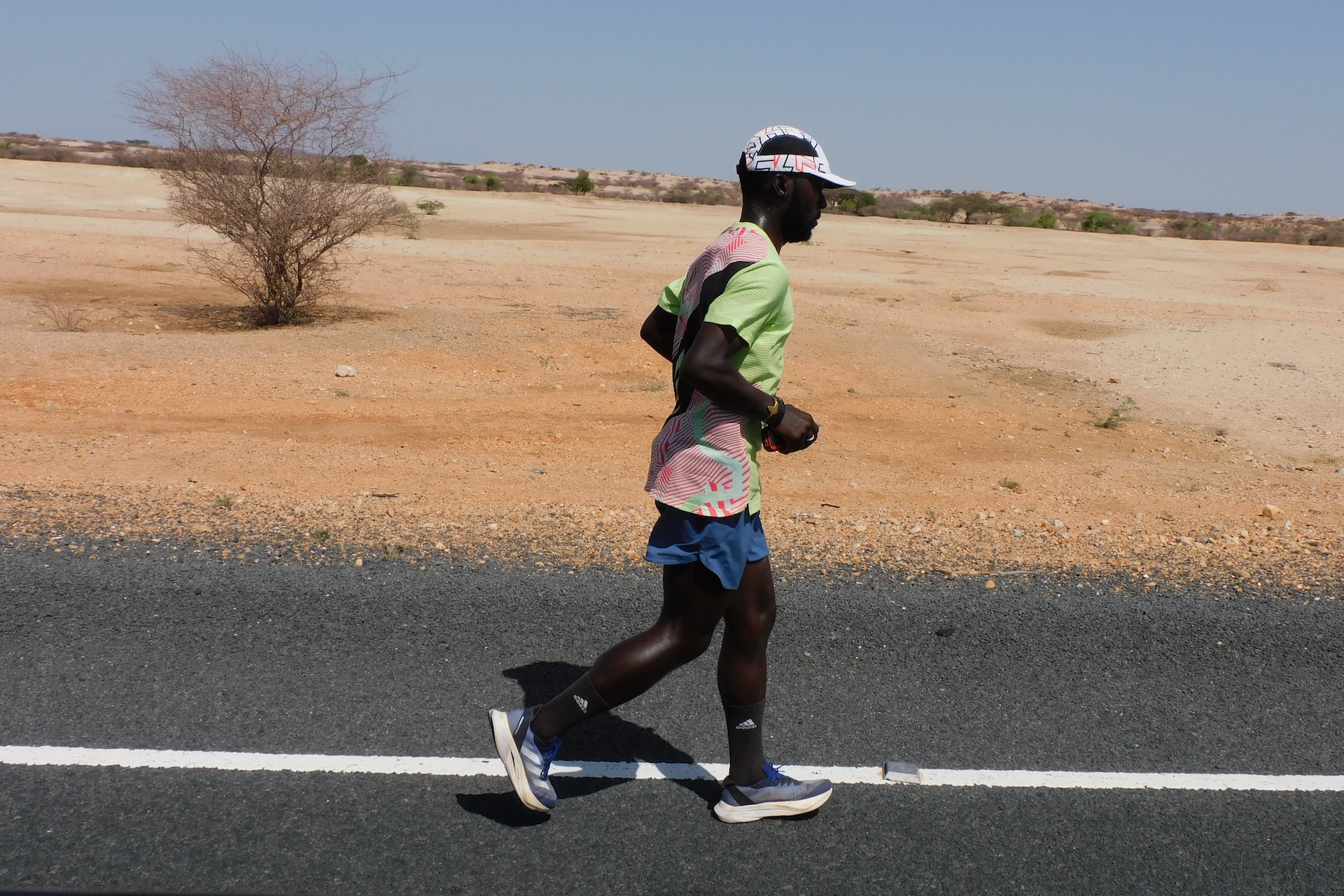
Deo Kato was 315 days into his attempt to become the first person to run from Cape Town to London when he was stopped in South Sudan and detained by security services. He was imprisoned for three weeks in terrible conditions along with Mulondo William, his Ugandan driver.
Deo isn’t ready to talk publicly about this yet. He’s in Egypt recuperating, and his focus is on returning to the run, so we spoke to Alice Light, his partner who is also managing the project from London, to learn more about his ordeal, and how it’s made Deo more determined than ever to complete his run.
CAPE TOWN TO LONDON AND THE STORY OF HUMAN MIGRATION
Deo, who was born in Uganda and moved to London when he was 10-years-old, is taking on the 9,000-mile run as a way of telling the story of human migration, and how millions of people are forced to leave their home to find a better life, whether because of political and civil unrest, humanitarian crises, climate, or war.
It’s also a challenge which sets out to reeducate the world that the earliest humans came from Africa, and rewrite Africa’s narrative of slavery and colonisation.
Deo began his run from the Long March to Freedom monument in Cape Town on 24 July 2023. Most of the time he has a one-man crew. Sometimes they sleep in small hostels, other times they sleep in the car or camp. Together they travel and document this great challenge, through the many moments of positive human connection and kindness, and the rarer occasions of terror, like they faced in South Sudan.
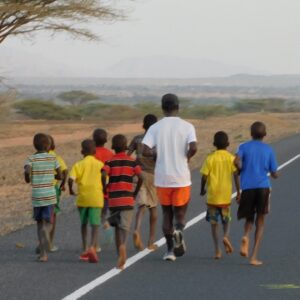
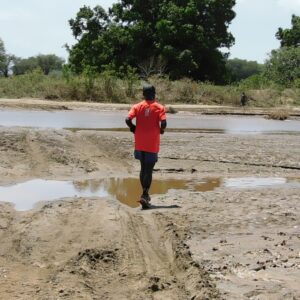
WHAT HAPPENED IN SOUTH SUDAN?
South Sudan is enduring a humanitarian crisis. There’s political unrest, mass displacement, economic crisis, their health care system has collapsed, and there are mass killings. And yet it was a safer route to take than going through Ethiopia or Democratic Republic of Congo.
Having run through South Africa, Botswana, Zimbabwe, Zambia, Tanzania, Uganda and Kenya, Deo’s plan was to run through South Sudan to the border with Sudan and then fly to Egypt, bypassing even greater troubles in Sudan (Deo’s community completed the Sudan miles remotely in his honour with a campaign led by Alice called Run For Sudan, which included Sudanese refugees who have fled war and now live in the UK).
But Deo wouldn’t get that far.
Deo ran across the South Sudan border on 26 March, with his driver Mulondo following in their Ugandan car. They quickly realised that the conditions had shifted. They left easy running on tarmac roads for endless harassment (and bribe payments) at checkpoints, and horrible underfoot conditions. It was made worse by having a Ugandan car, and having little access to funds to pay for essentials like food.
When they reached the capital city of Juba they made the decision to return to Kampala in Uganda. They donated their car to a local running club called Team Matooke, sorted their paperwork, then took a 20-hour bus back to Juba, arriving on 16 May. They hired a local car and eventually returned to the last place Deo had run in the country.
They had all the documents they were told they needed to cross South Sudan, but they still faced the checkpoints, sometimes five a day, where they had their papers searched and their equipment checked.
On 2 June 2024 they were stopped yet again. Deo’s Strava ends just short of 10km into the day. This time they were asked for a document from the Ministry of Sport. They didn’t have one – they’d never had this request before – and they were arrested immediately.
They weren’t allowed to go to a place to get the paperwork, they guards didn’t want a bribe, and for the first time Deo couldn’t do anything to avoid arrest.
A soldier drove Deo and Mulondo in their own car to Riverside Jail, colloquially known as ‘Mosquito House,’ where they were held in a basement cell for 11 days, getting just short breaks outside each day.
They were then moved to the Blue House, the headquarters of the country’s National Security Service in Juba. Mulondo and Deo were separated. Deo was in a small cell with four other men. As the last man in, there was no space for him. The lightbulb didn’t work so it was dark for more than 12 hours a day, and there were several 24-hour lockdowns where they only left their cell once a day to collect food. For 10 days Deo could only sit or lie on the concrete floor and wait. Mulondo endured the same in an adjacent room.
Neither knew why they were really there, or how they could find a way to get released.
“And all this time I didn’t know where they were,” says Alice. “I’d registered them missing. Presumed alive but I didn’t know.”
Alice was speaking with numerous authorities including the British Embassy and Human Rights Watch. In the end, news came from an inmate who had been in jail with Deo and Mulondo. The prisoner had learnt of their story and memorised contact details for Deo and Mulondo.
Their release, on 23 June after three weeks of total imprisonment, was a surprise to Deo and Mulondo. It was sudden, unannounced, and they were removed from prison and taken to Juba. They eventually got their car back and all their belongings – nothing physical had been taken from them, no camera equipment, no running kit, no money, and they weren’t tortured in prison, but, as Alice says, “they were ripped of all their dignity and rights, and felt dehumanised.”
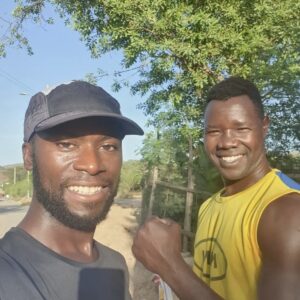
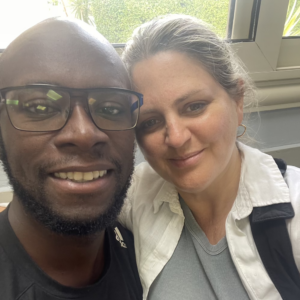
THE RETURN TO RUNNING
This is a bad story from a journey that has otherwise tried to focus on human kindness and create a legacy of hope. Most of the stories that Deo shares on social media are of humanity at their best, and how he’s encountered people throughout Africa who are willing to help him.
But this cruel experience is the honest reality of human migration which millions of others also face – including many who Deo met while he was imprisoned, and who remain in prison.
“Being in prison, and treated the way he was, gave him first-hand experience of what people are treated like, and what people go through,” says Alice. Displacement comes for many reasons, and almost none of them are positive – but they can become good news stories, and that’s what matters to Deo now.
“He realises that he had to go through this for this challenge,” says Alice. “The challenge isn’t about endurance. It isn’t about the mileage. It’s not about winning a race. Being the first man in history to do this is an extra. It’s about the story of human migration, and ultimately, one day, ending racism,” says Alice.
On his release from prison, Deo flew from South Sudan to Cairo (while Mulondo flew home to Uganda). Deo spent time recovering and refocusing on what this run means to him. Alice flew from London to meet him there. “Deo believes in what he’s doing more than ever. It’s given him fight.”
In the coming days Deo will travel to the Sudan-Egypt border where he’ll restart running, heading north to Alexandria some 800 miles away. From there he plans to fly to Athens, where the run to London continues.
As Deo’s Cape Town to London run progresses, he is seeking more support to help him complete the challenge. adidas Terrex are providing some sponsorship but fundraising has been a constant challenge for Deo and Alice. Now as he runs towards Europe, Deo is looking for additional financial support, as well as hoping to find a vehicle and driver to accompany Deo. Individuals who are inspired by Deo’s journey can also support him via his GoFundMe page.

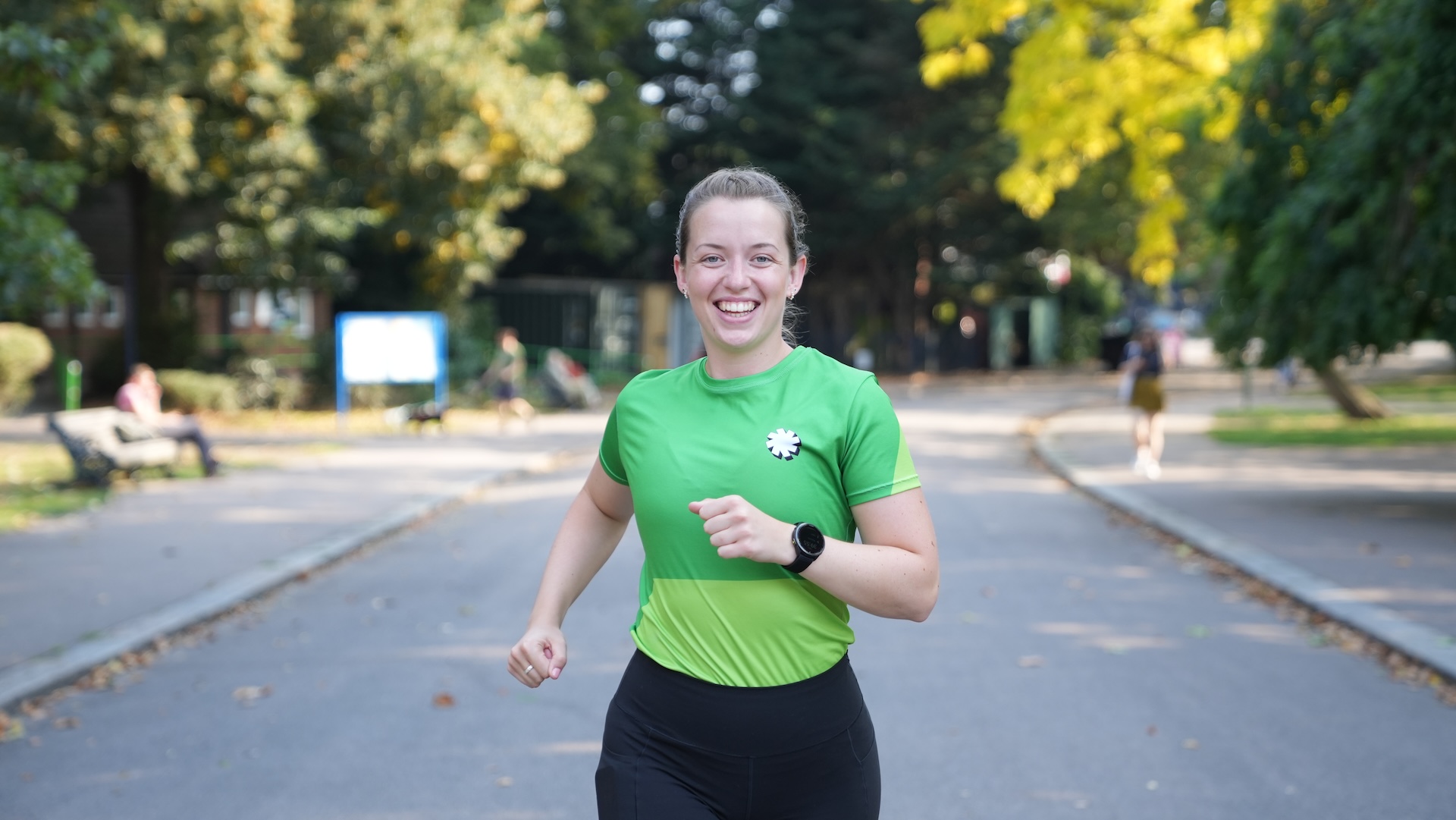
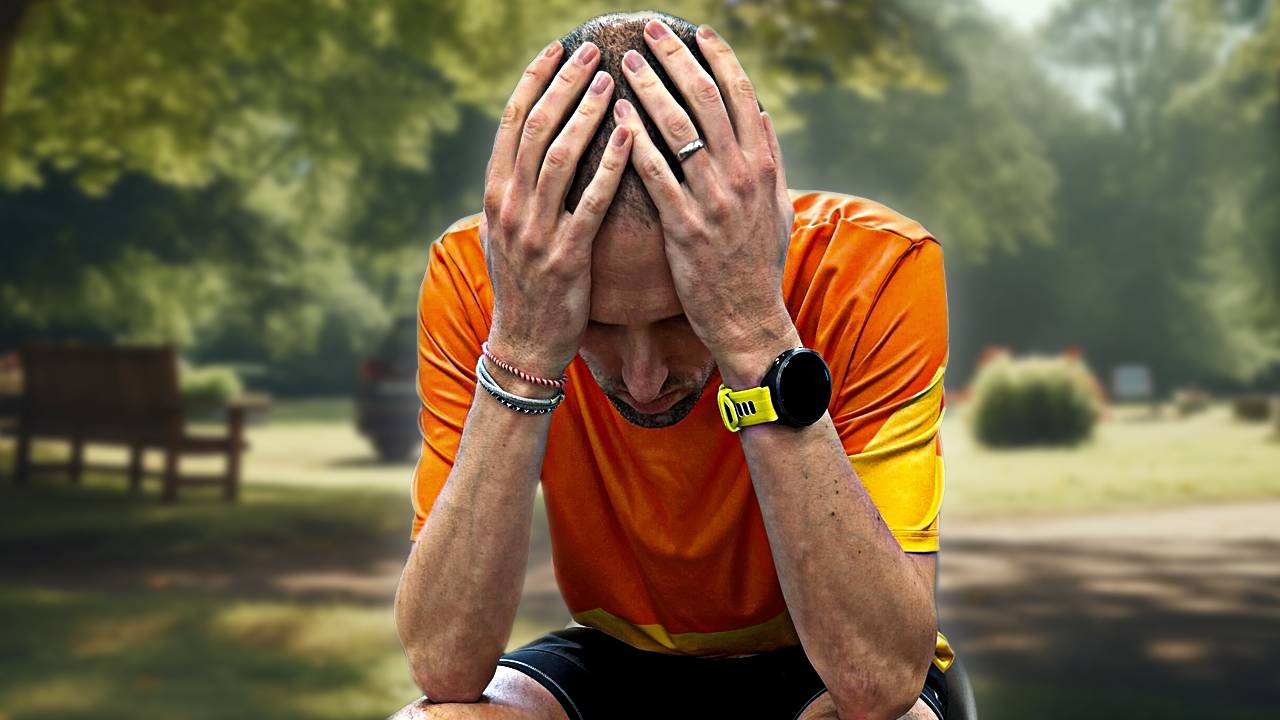
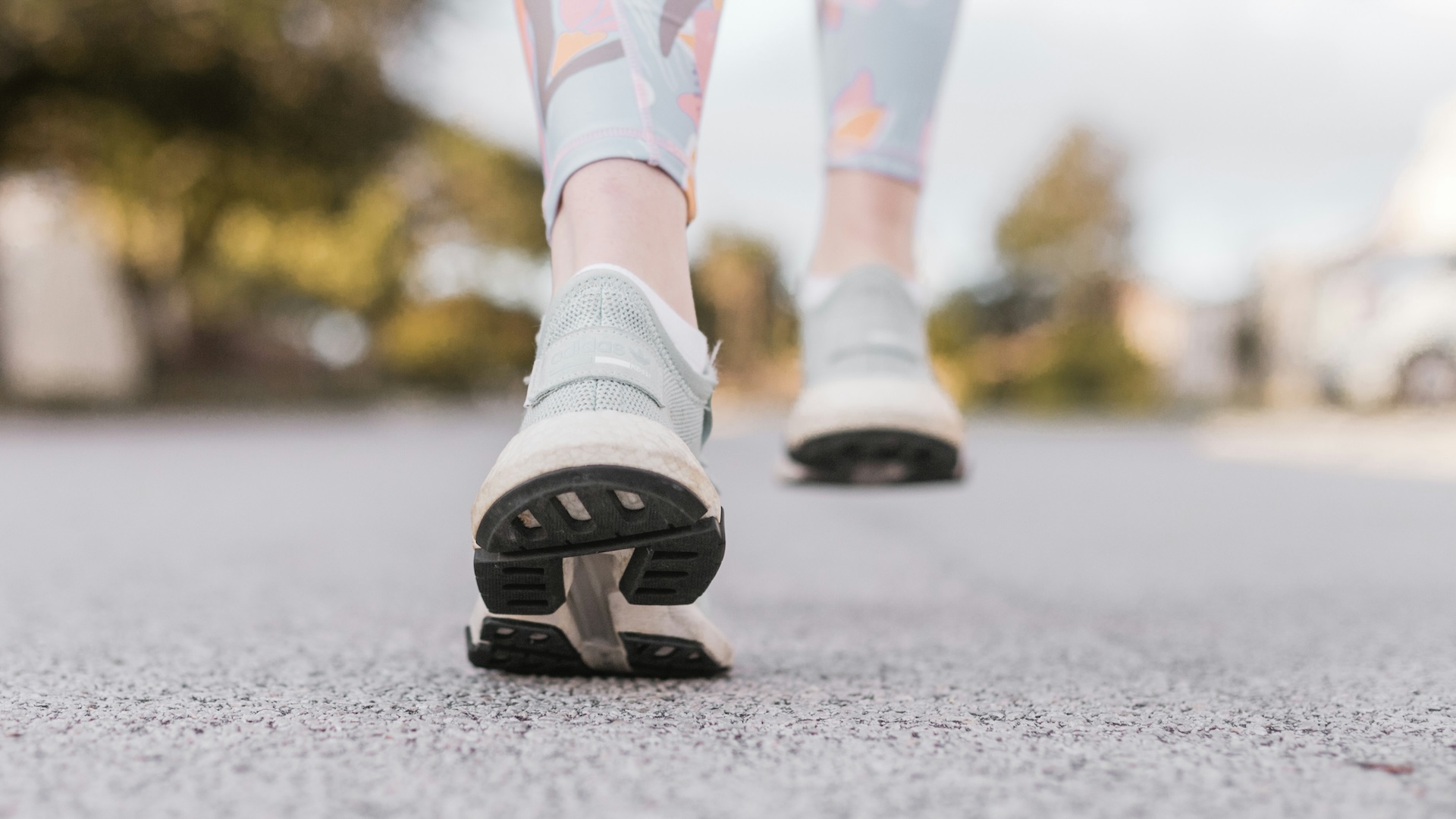

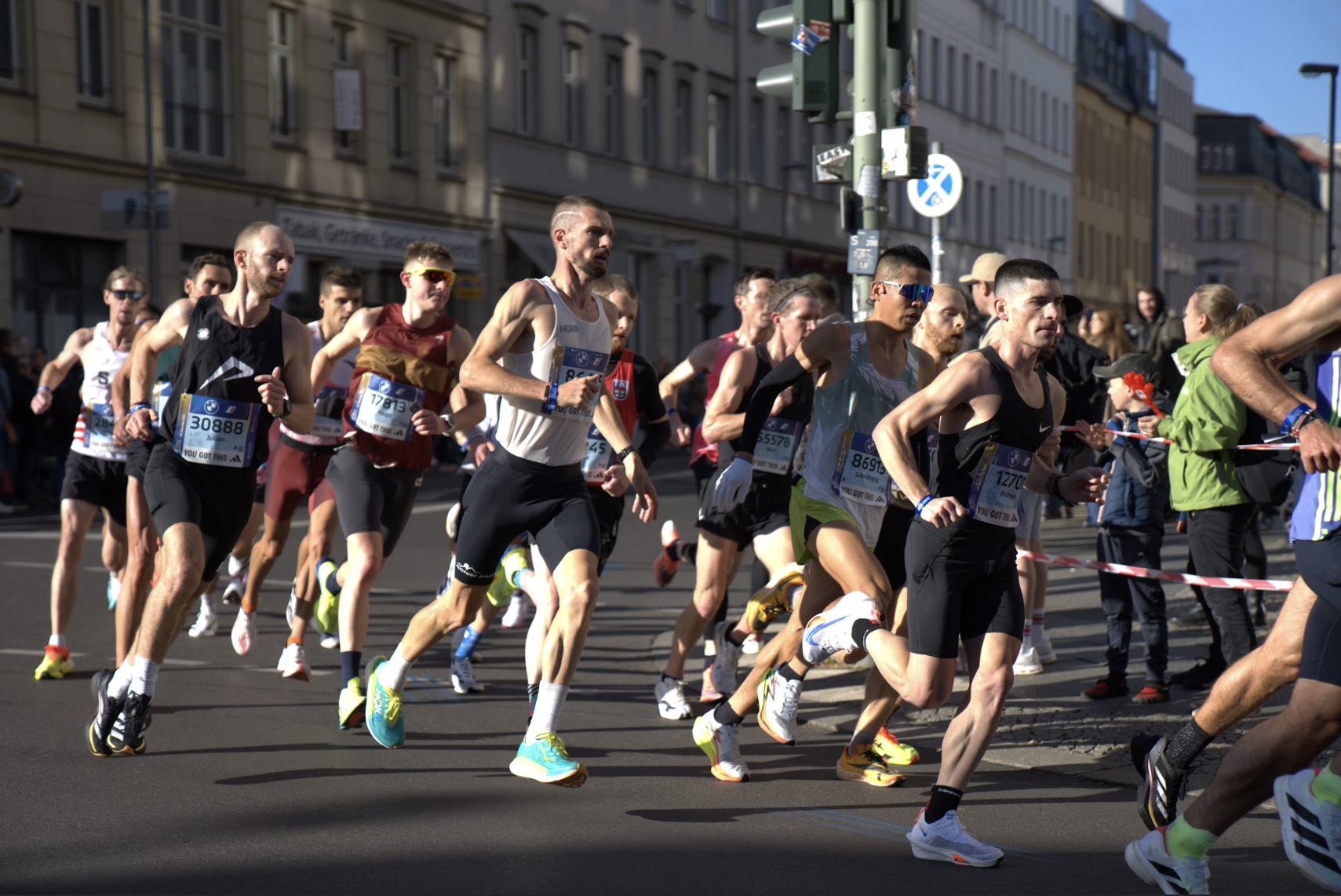




















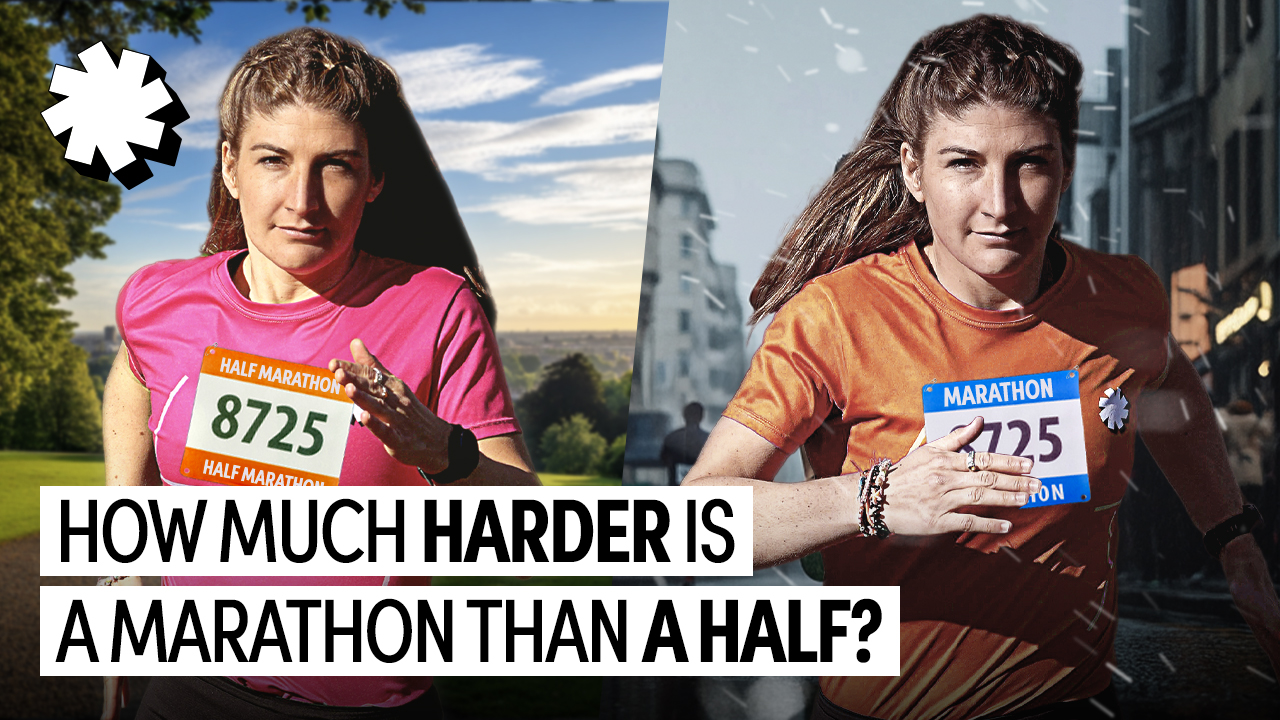

Running News
Ingebrigtsen Stars at World Athletics Indoor Championships 2025 – Plus All The Winners!
Sam Ruthe Is First 15-Year-Old To Run A Four-Minute Mile!
Eliud Kipchoge Will Run The 2025 Sydney Marathon!